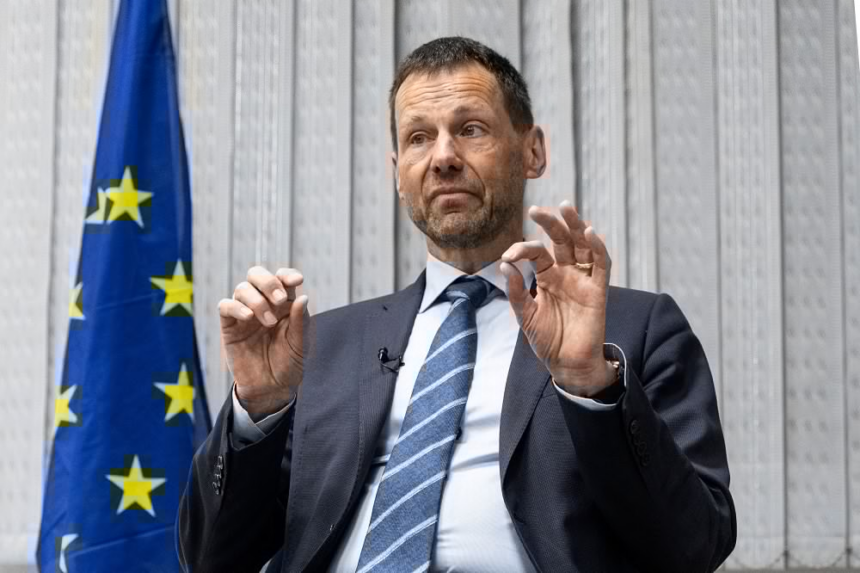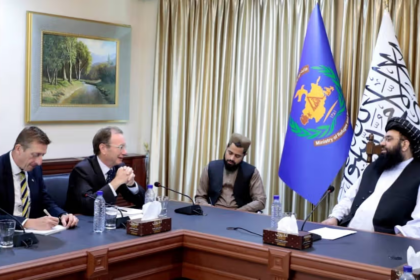RASC News Agency: Thomas Niklasson, the European Union’s Special Envoy for Afghanistan, has officially concluded his mission, marking the end of nearly three years of high-level engagement during one of the most volatile chapters in Afghanistan’s recent history. The announcement, made on Sunday, April 13, was accompanied by a public statement clarifying that the change in personnel does not signify any shift in the EU’s policy or commitment toward Afghanistan. “My departure does not alter the European Union’s steadfast commitment to the people of Afghanistan,” Niklasson wrote in a message published on his official X (formerly Twitter) account. “The EU remains actively engaged, stands in solidarity with the Afghanistani people, and will continue to work in accordance with the decisions of the European Council in cooperation with international partners.”
In the interim, Darren Derya, the current Head of the Afghanistan and Pakistan Division within the European External Action Service (EEAS), will assume Niklasson’s duties until a permanent successor is appointed. Niklasson assumed the role in June 2021, just weeks before the collapse of the Afghanistani Republic and the Taliban’s return to power following their takeover of Kabul in August of that year. His tenure coincided with a critical juncture, as the international community grappled with the immediate aftermath of regime change, the sudden humanitarian fallout, and the collapse of democratic institutions.
Throughout his mission, Niklasson played a central role in the European Union’s humanitarian and diplomatic response. As a key architect of EU policy during the transitional crisis, he coordinated aid efforts, facilitated dialogue with international stakeholders, and persistently advocated for human rights particularly the rights of women, girls, and ethnic and religious minorities under Taliban rule. He was also a vocal supporter of grassroots initiatives, especially those focused on sustaining educational opportunities for Afghanistani girls in the face of mounting restrictions. Niklasson’s presence became emblematic of the EU’s principled engagement: a balance of humanitarian concern, strategic diplomacy, and resistance to the normalization of Taliban authoritarianism.
Despite the conclusion of his official mandate, the European Union continues to serve as a major humanitarian actor in Afghanistan and is expected to maintain both operational assistance and political engagement. The appointment of a new Special Envoy is anticipated in the coming months. Niklasson’s departure closes a significant chapter in EU-Afghanistanistan’s relations one marked by upheaval, adaptation, and the enduring challenge of principled diplomacy amid an increasingly opaque and repressive political environment.






